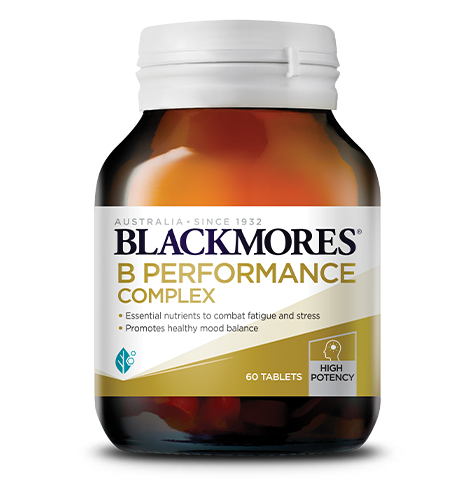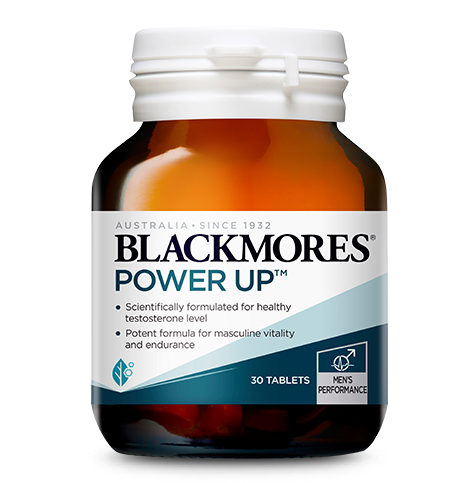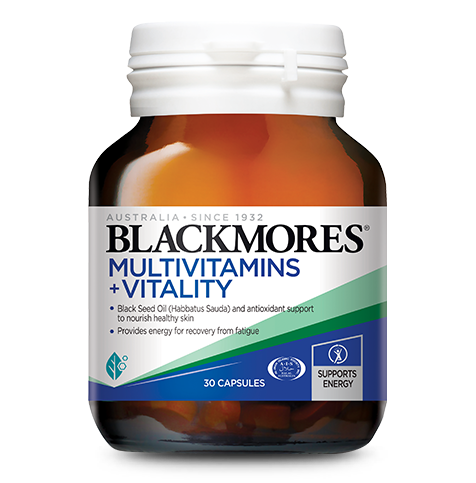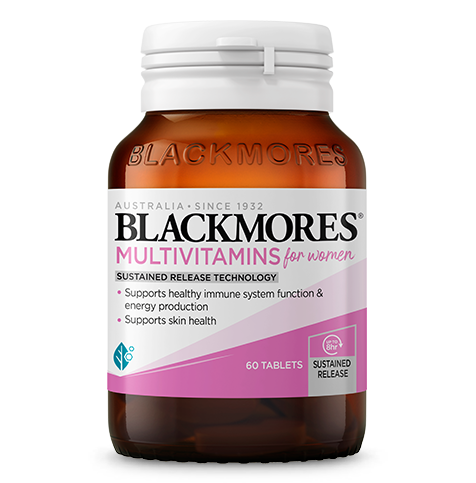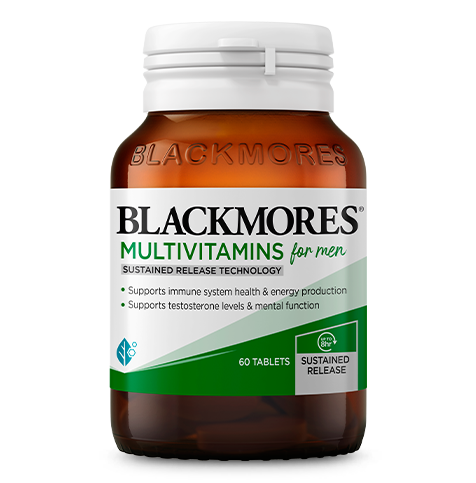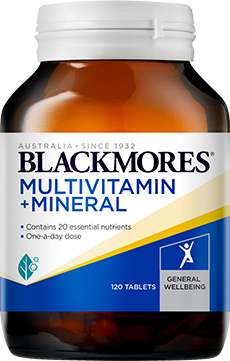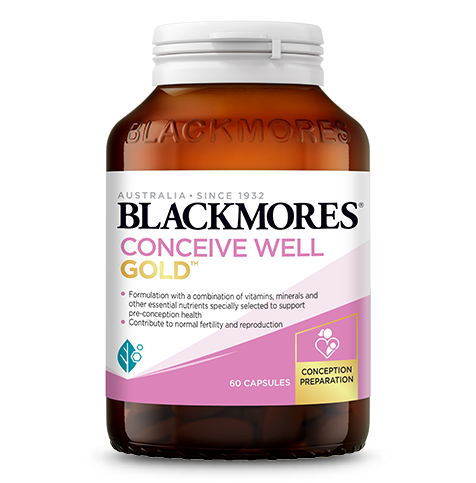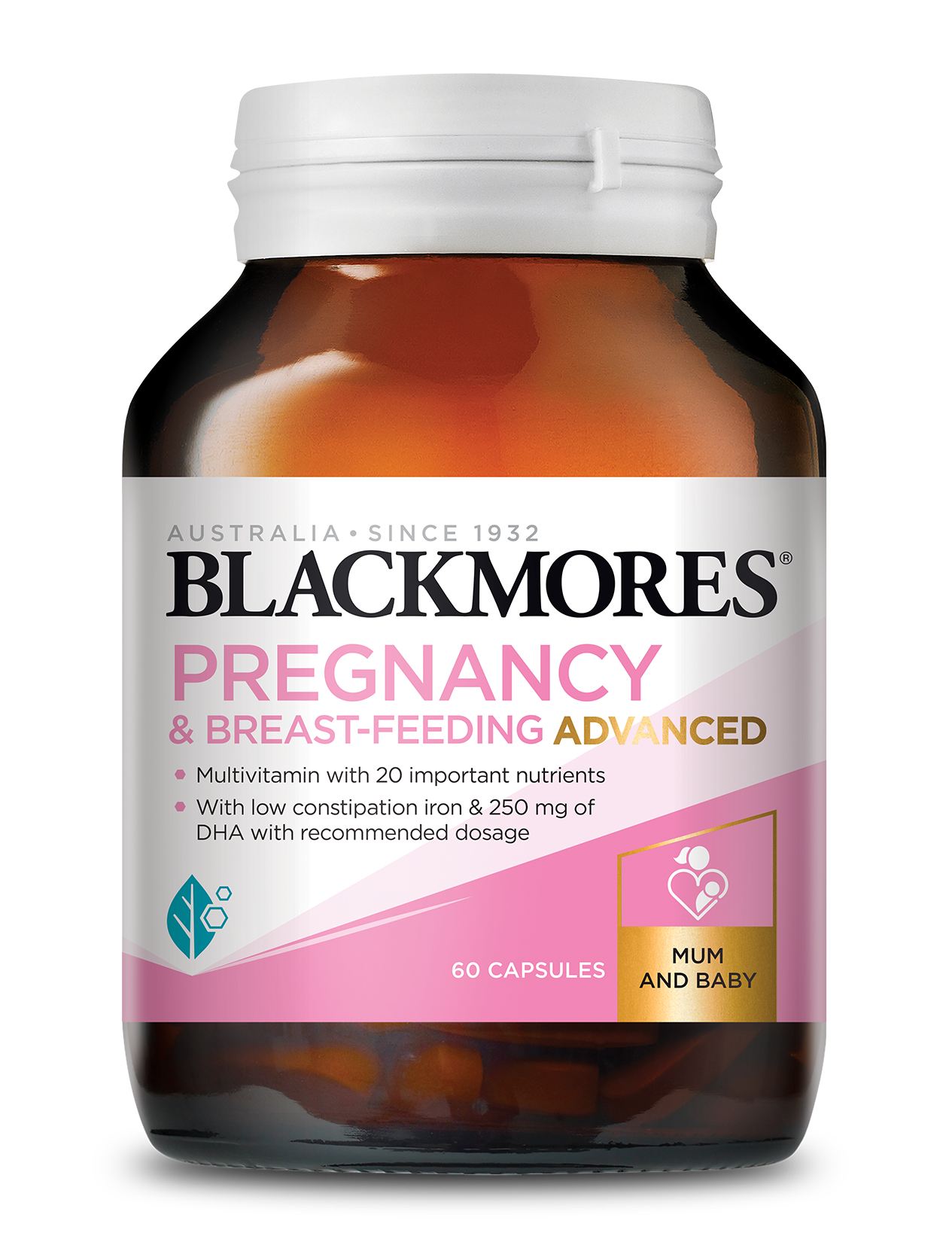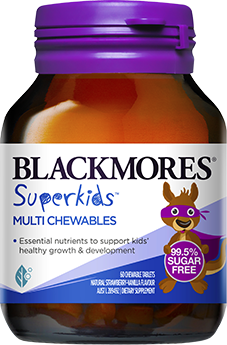As one of the eight B-group vitamins, thiamine plays a key role in your health and wellbeing. Learn why it is important and how to ensure you’re getting enough of it.
Thiamine (thiamin) is otherwise known as vitamin B1 because it was the first of the eight B vitamins to be discovered. In fact, it was one of the very first compounds to be recognised as a vitamin, back in the 1930s.
What role does it play?
This important vitamin helps to convert glucose from the food you eat into energy. It plays a role in the growth, development and function of your body’s cells. It also contributes to a healthy nervous system.While most of us get enough thiamine from the food we eat, our bodies can’t store the vitamin efficiently, so a continuous supply of dietary thiamine is essential. Ideal sources include nuts, seeds and grains.
Not only are there some people who may be at a higher risk of deficiency than others, but heating certain foods can reduce a food’s thiamine content.
How much thiamine do you need?
Like most vitamins, the amount you need depends on whether you’re male or female, as well as your life stage. The recommended dietary intake is as follows:
Under 8 years
- 1 to 3 years 0.5mg/day
- 4 to 8 years 0.6mg/day
Boys
- 9 to 13 years 0.9mg/day
- 14-18 years 1.2mg/day
Girls
- 9 to 13 years 0.9mg/day
- 14-18 years 1.1mg/day
Men
- 19+ years 1.2mg/day
Women
- 19+ years 1.1mg/day (increasing to 1.4mg/day during pregnancy and if you’re breastfeeding)
Thiamine-rich foods
A variety of foods contain vitamin B1. Good sources include wholemeal cereal grains, nuts and seeds, legumes, wheat germ, yeast and pork. In Australia, the white and wholemeal flour that is used to make bread is also fortified with thiamine.It pays to remember that thiamine is a water-soluble vitamin, so a significant amount is lost when cooking water is thrown out. Even simply heating these foods can reduce the vitamin content.
- Vegemite (1 tbsp) 4.29mg
- Oatmeal (¾ cup cooked) 0.72mg
- Wheatgerm (¼ cup raw) 0.50mg
- Pork mince (75g cooked) 0.75mg
- Lentils (¾ cup cooked) 0.25mg
- Peanuts (¼ cup) 0.24mg
- Tahini (1 tbsp) 0.19mg
- Edamame (½ cup cooked) 0.25mg
- White sandwich bread (1 slice) 0.20mg
- Wholemeal sandwich bread (1 slice) 0.16mg

